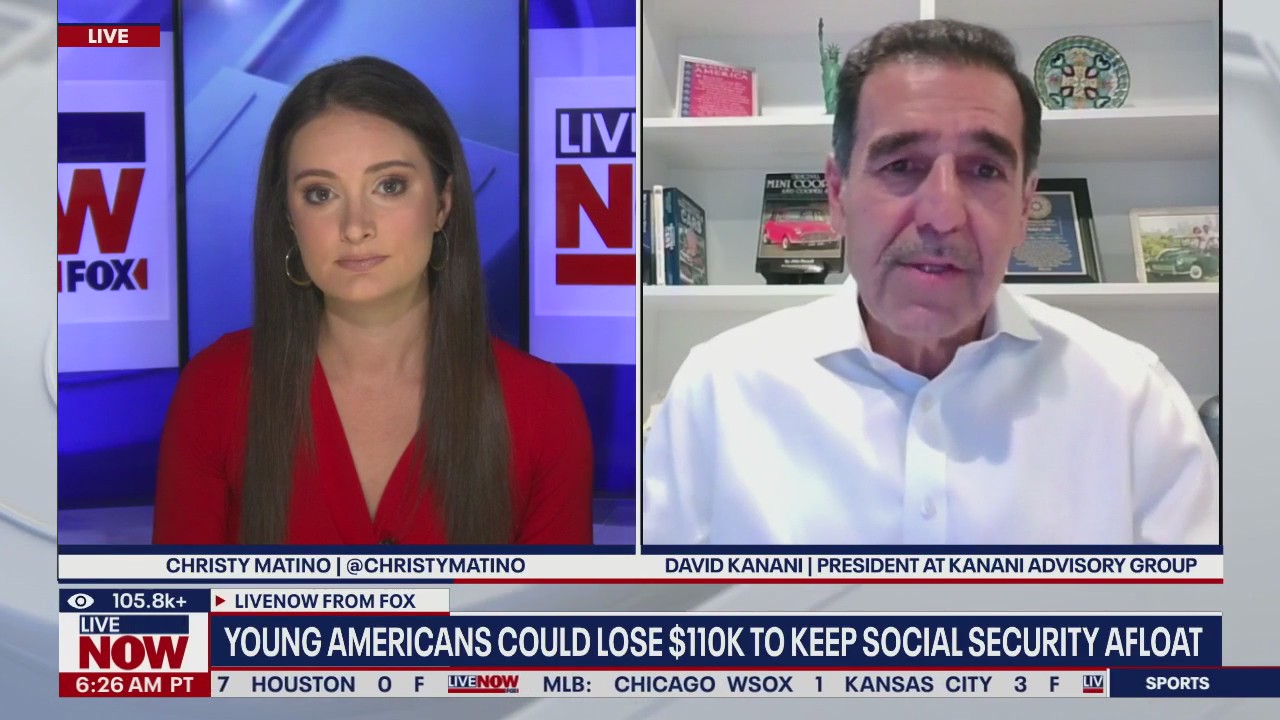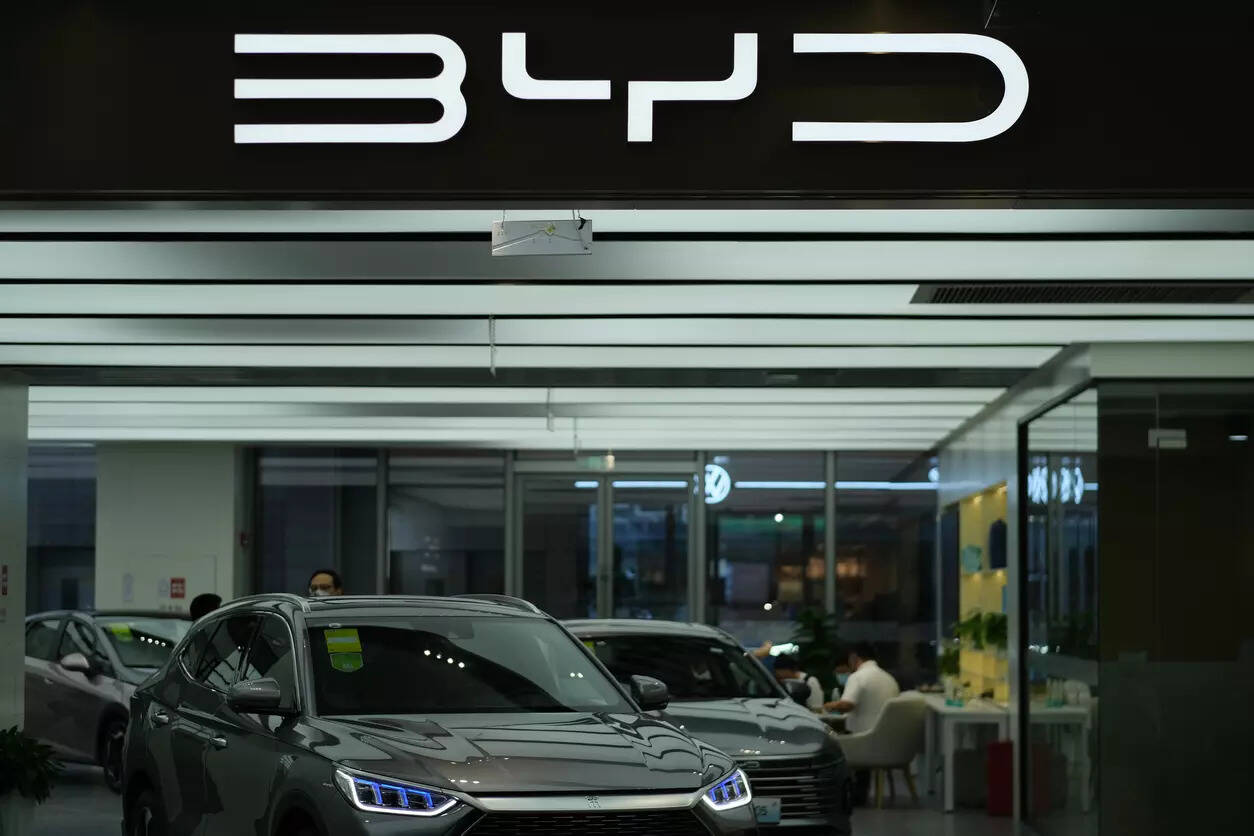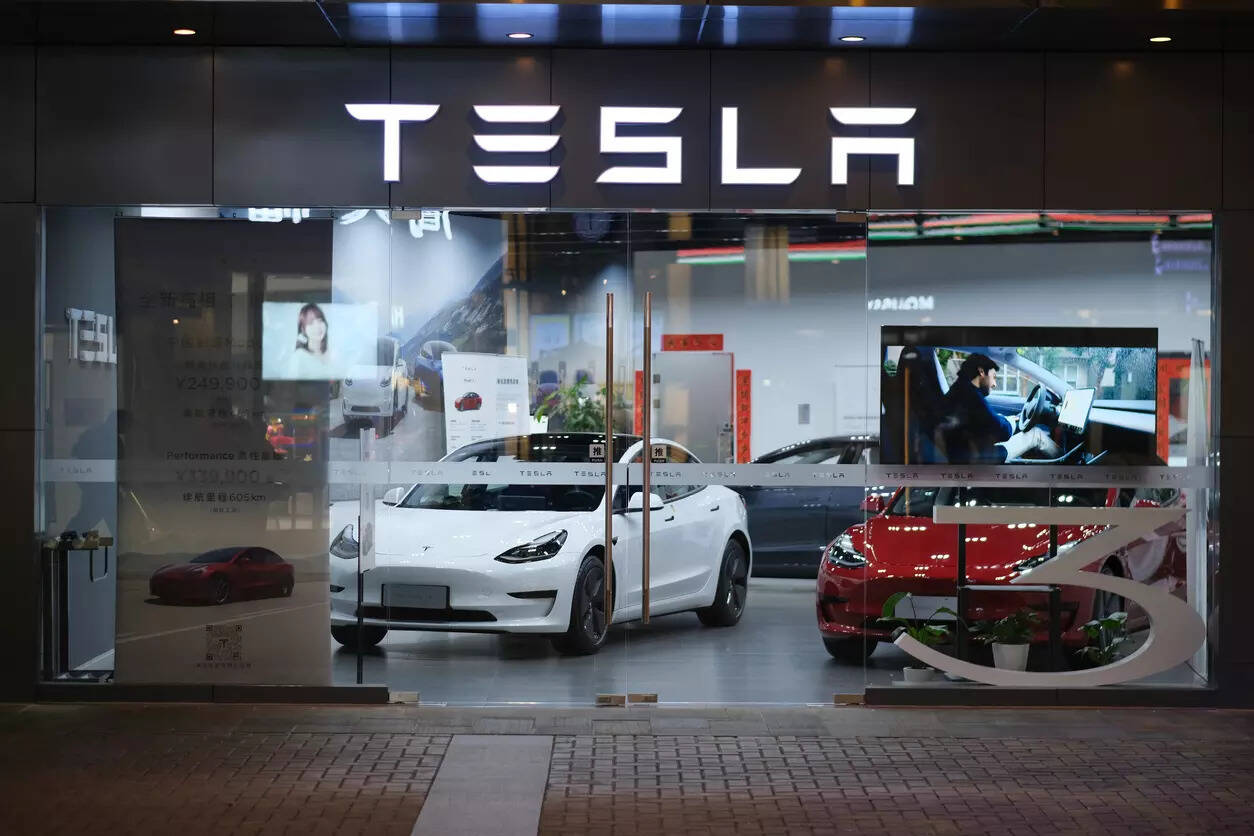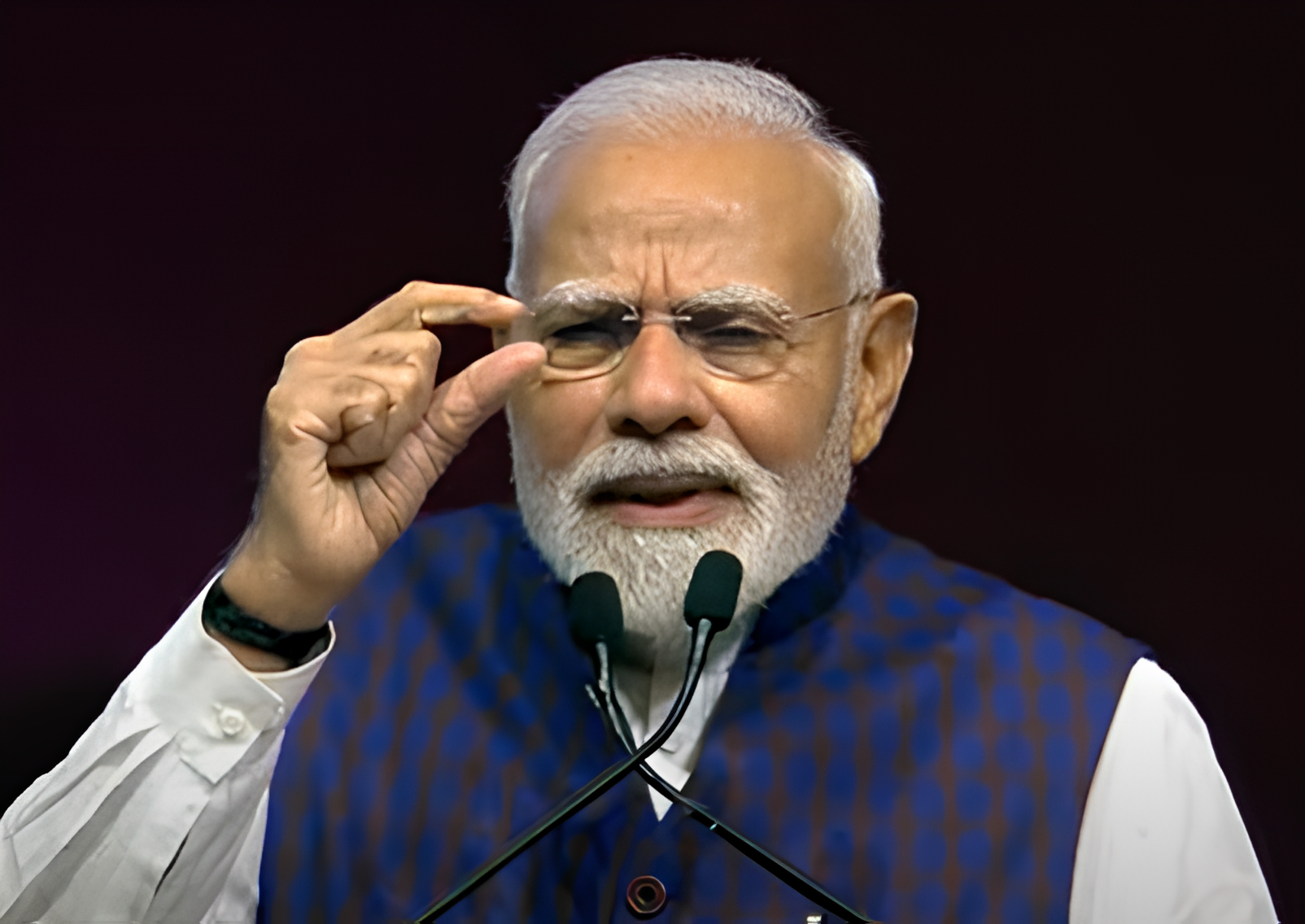
India’s top four carmakers – Maruti Suzuki, Hyundai, Mahindraand Tata – all reported a slump in year-on-year (YoY) passenger vehicle sales in August 2025. This synchronal drop came despite the early start of the festival season, which is usually a time when demand picks up. The uncertainty around a possible upcoming cut in Goods and Services Tax (GST) has been attributed as the reason behind the waning sales.
- Maruti Suzuki, Hyundai, Tata, and Mahindra sales fell by 7-11.2 percent YoY in August
- GST cut speculation kept prospective buyers waiting
- Dealers currently face high inventories; GST cut decision could be harmful either way
Maruti Suzuki, Hyundai, Tata, Mahindra sales in August 2025
Maruti sales fell over 8 percent
According to a recent sales report from our sister publication Autocar ProfessionalMaruti Suzuki, which commands a market share of about 50 percent, saw overall domestic sales fall 8.2 percent YoY to 1,31,278 units last month. Maruti’s compact cars, like the Swift and Wagon Rremained stable on the charts, but its SUV sales dropped nearly a whopping 14 percent YoY.
Hyundai saw the steepest sales drop here, while Tata recorded the lowest decline
Hyundai dropped 11.2 percent YoY to 44,001 units – the sharpest decline among the four – while Mahindra’s sales fell 9 percent YoY to 39,399 units. Lastly, Tata’s passenger vehicles division slipped 7 percent YoY to 41,001 units in August 2025.
Why sales dropped for India’s top carmakers last month
Rumoured GST cut causing postponement of purchase decisions
The trigger behind this drop was widespread recent speculation that the government is evaluating slashing GST on small cars from 28 percent to 18 percent. With a possibility like that in the air, many prospective buyers expectedly delayed their purchases, and dealers cut back on stocking vehicles. Mahindra even confirmed that it consciously reduced wholesale billing to protect dealers from potential losses if tax rates change.
The timing of the slump is notable, as both Onam and Ganesh Chaturthi began in late August, about 10 days earlier than in 2024. This should have boosted sales under normal circumstances, but the festival demand was instead neutralised by the GST uncertainty, as dealers reported good customer footfalls but lower conversion into sales.
Larger volumes of unsold stock at dealers
Dealers are now burdened with higher-than-usual inventories of 45-50 days and a dilemma. Should a GST cut be announced, existing stock could lose value overnight. If it isn’t, manufacturers and dealers may be forced to offer heavy discounts to clear their pre-GST-cut inventory. With the GST Council expected to meet soon, September will be crucial in determining whether August’s slowdown was just a temporary setback or a progenitor to a bigger problem.
Also see:
How car prices could be affected by upcoming GST reform
Vintage registration opens for over 50-year-old vehicles in UP
























































